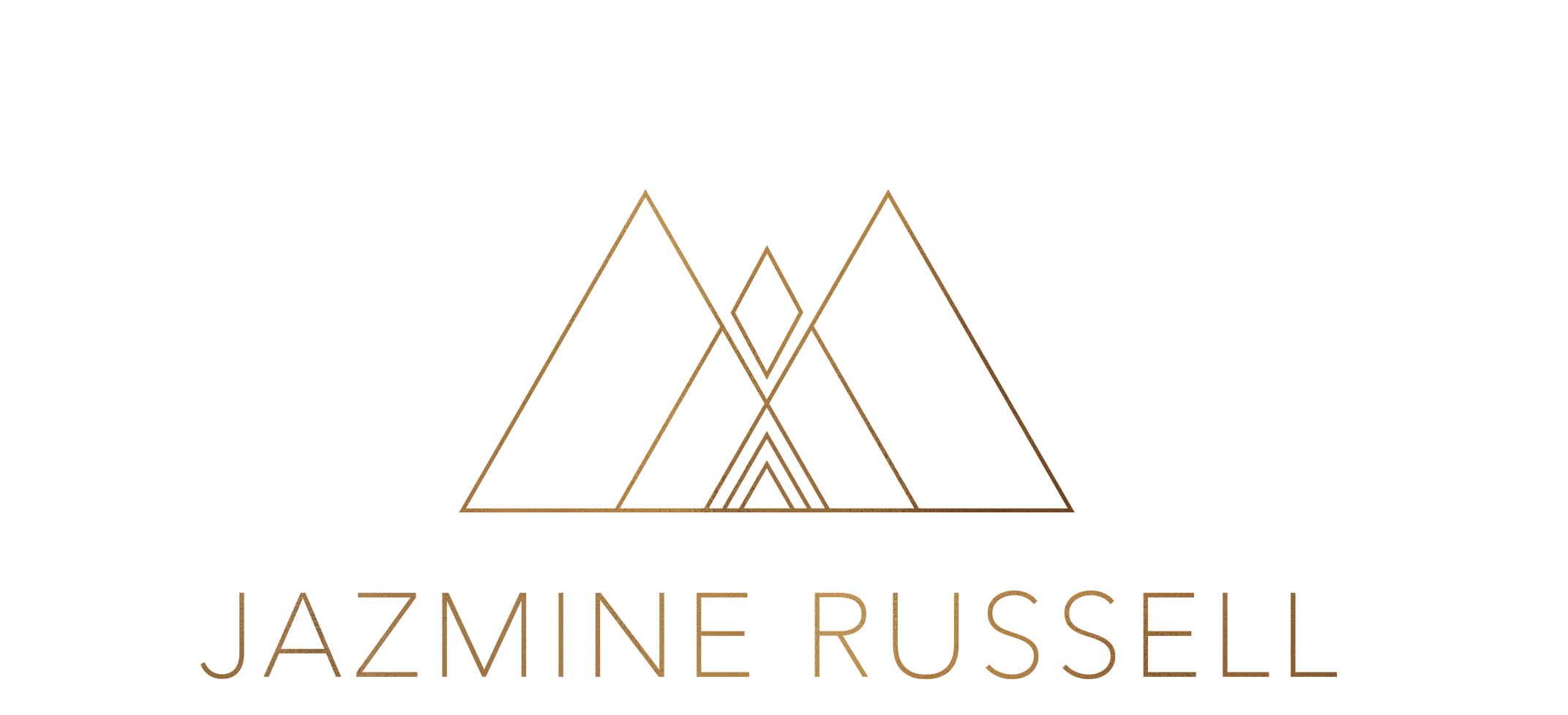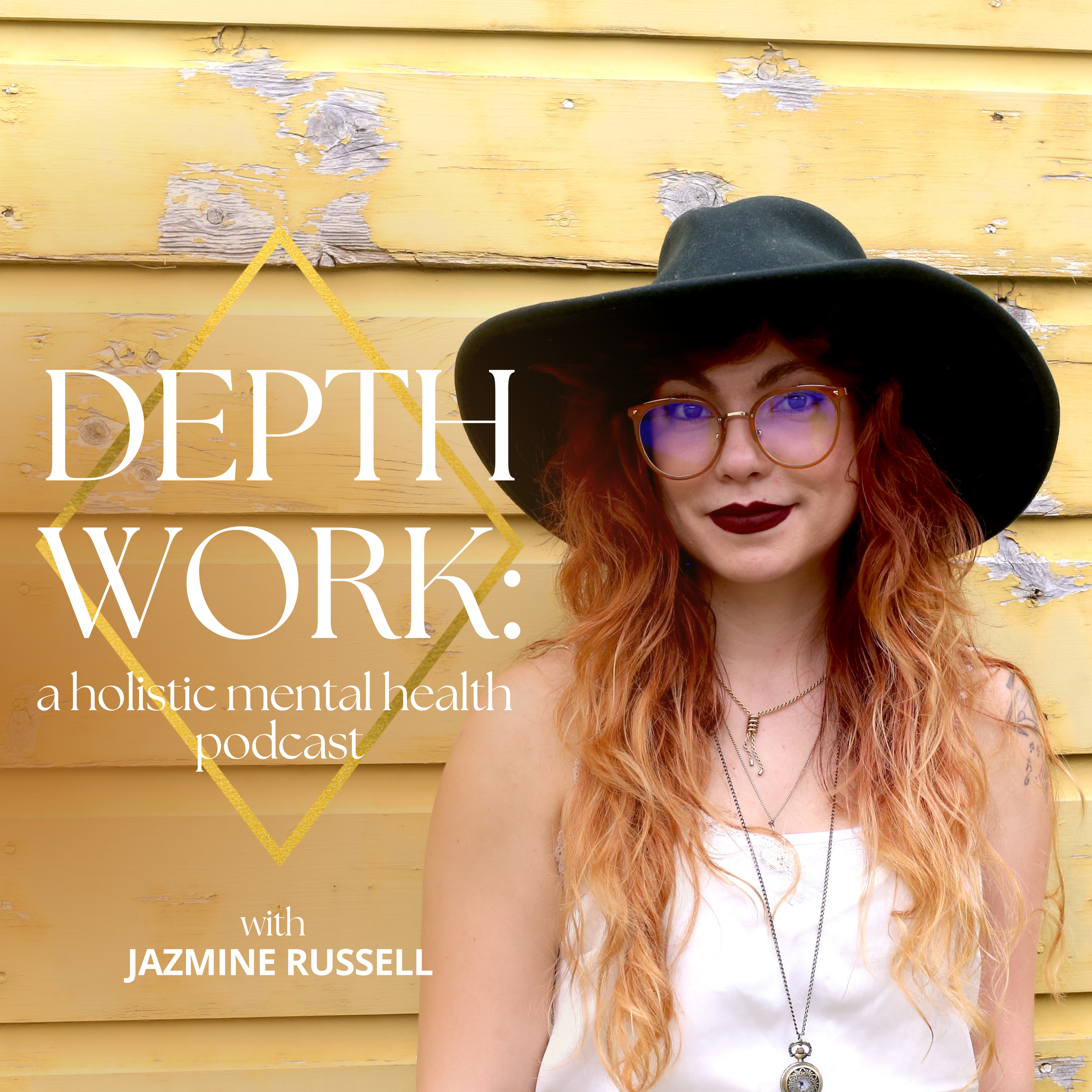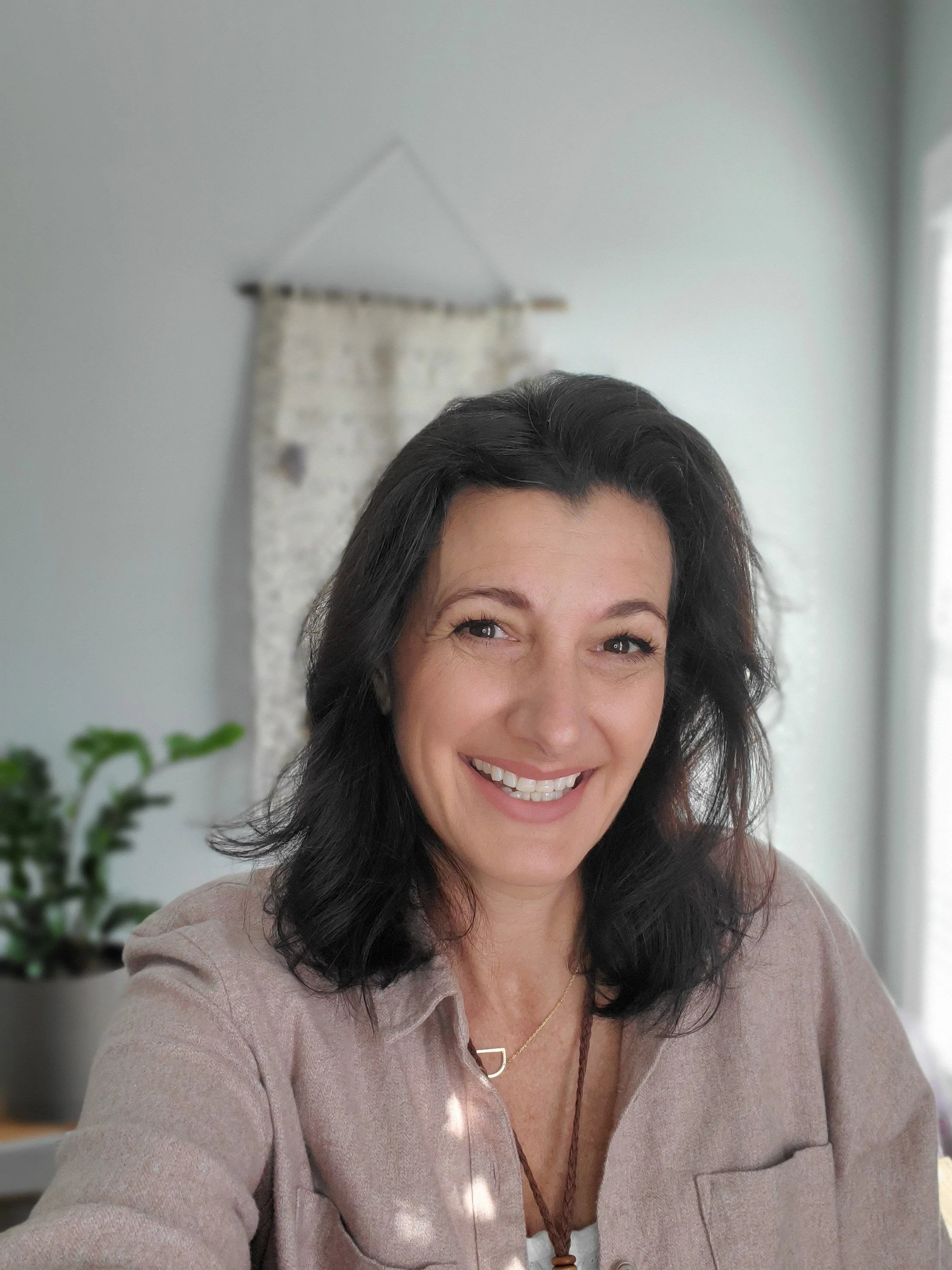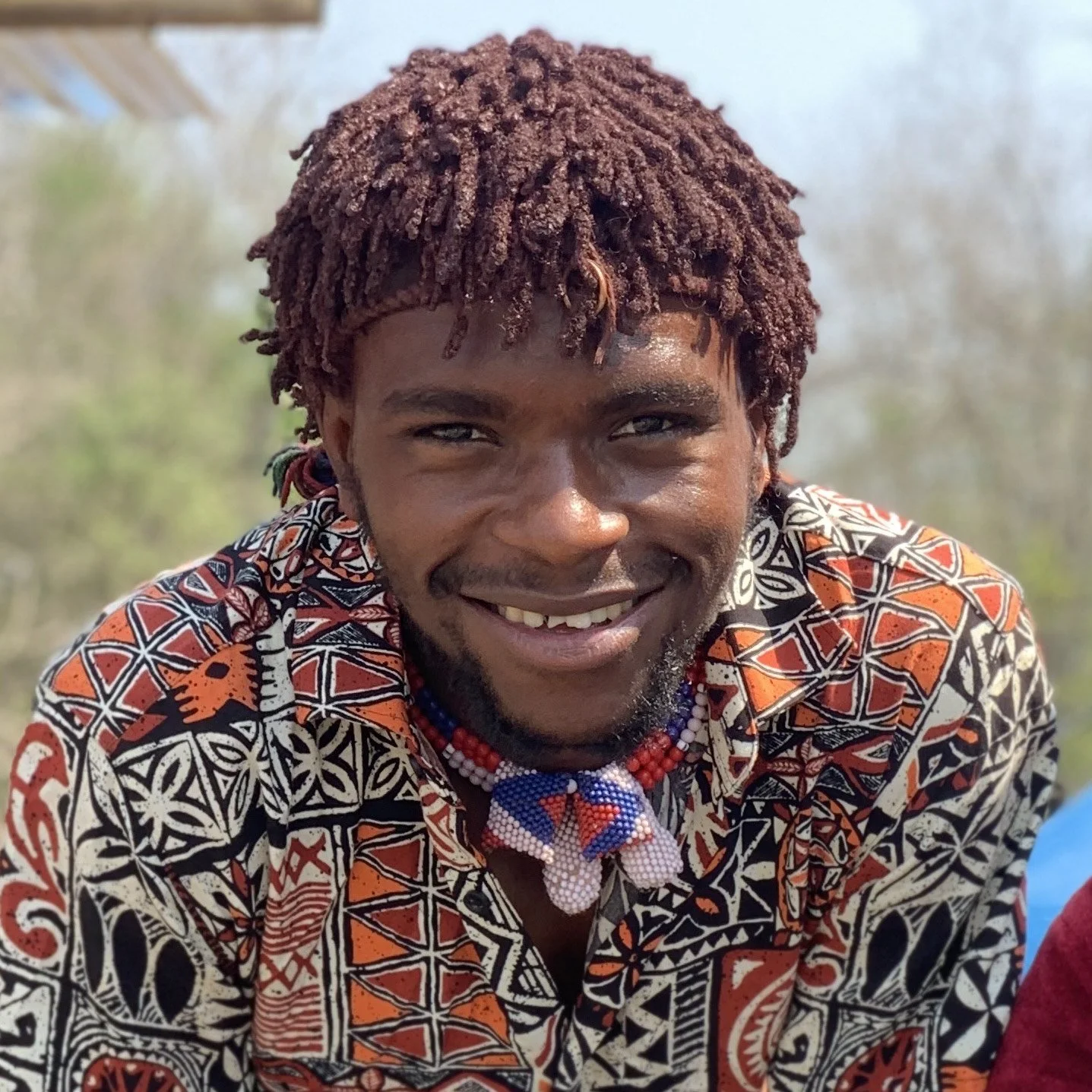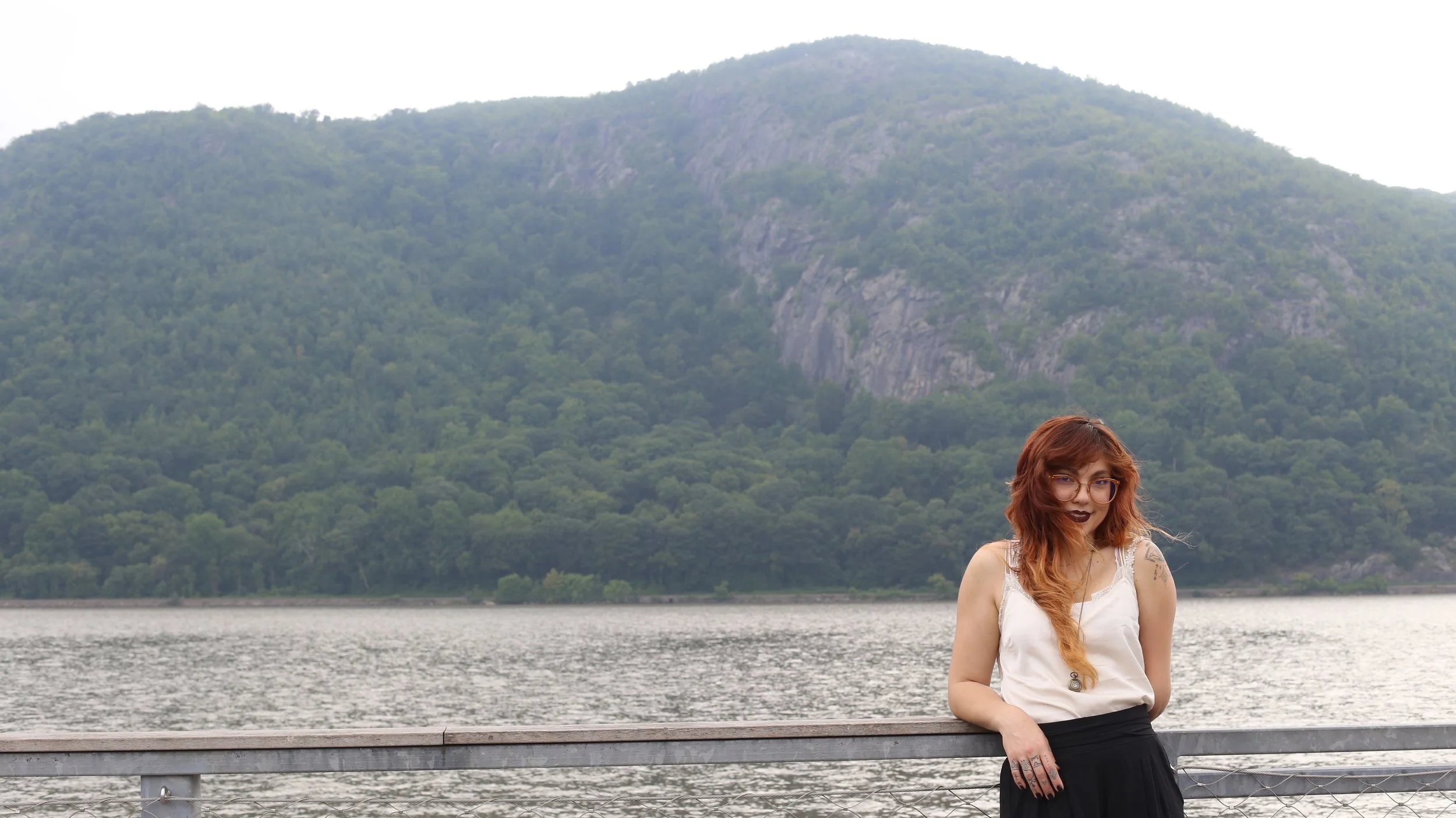Healing Ancestral Trauma and Impostor Syndrome
Many of the wounds, patterns, and emotions we carry in our bodies are not only our own. Some emotional wounds that get conceptualized as personality traits, habits, or norms, are actually inherited ancestral trauma. In this episode we talk about intergenerational/ancestral trauma, using the example of impostor syndrome as rooted in historical oppression. We also talk about elders, getting to know your living ancestors, making ancestor alters, and tangible steps in how to engage in ancestral healing.
What is Ancestral Trauma?
Many things like traditions, language and recipes are passed down through generations, but so are our gifts and our wounding. Much of what gets labeled as mental health concerns, family norms, or unhealthy patterns are rooted in our lineage. Some emotional wounds are shared, collective and often familial and intergenerational. The modern mental health system has only one diagnosis (PTSD) out of dozens that even acknowledge trauma at large, and rarely do we attempt to understand the origins of trauma.
Ancestral trauma is collective or intergenerational trauma and wounding that is passed down via epigenetics, family norms, and social systems that impact our bodyminds in the present, perhaps even without the awareness of the original experience.
What you’ll learn about in this episode - Healing Ancestral Trauma and Impostor Syndrome:
How intergenerational trauma is passed down
The role of historical and systemic oppression in ancestral trauma
Tangible practices for ancestor work and ancestral healing
“I consider myself so lucky to have grown up in such a close connection to my elders. I was raised pretty much by my grandparents. I grew up right across the street from them, spending most of my time in their house. And I think there is a reason why in so many cultures children often grow up around or directly with their grandparents, their elders. There is a lot of similarities between the oldest in the family and the youngest.”
DEPTH Work - A Holistic Mental Health Podcast
This is a space for those who love to dive into the underbelly, to revel in the mystery, question assumptions about what is normal, play in both/and, and honour the wide range of human emotions.
As a complex trauma survivor, holistic counsellor and co-founder of a mental health institute, I learned that there is immense wisdom in our pain and what we call crazy is just what we are yet not willing to understand and explore. Let’s dive in!
